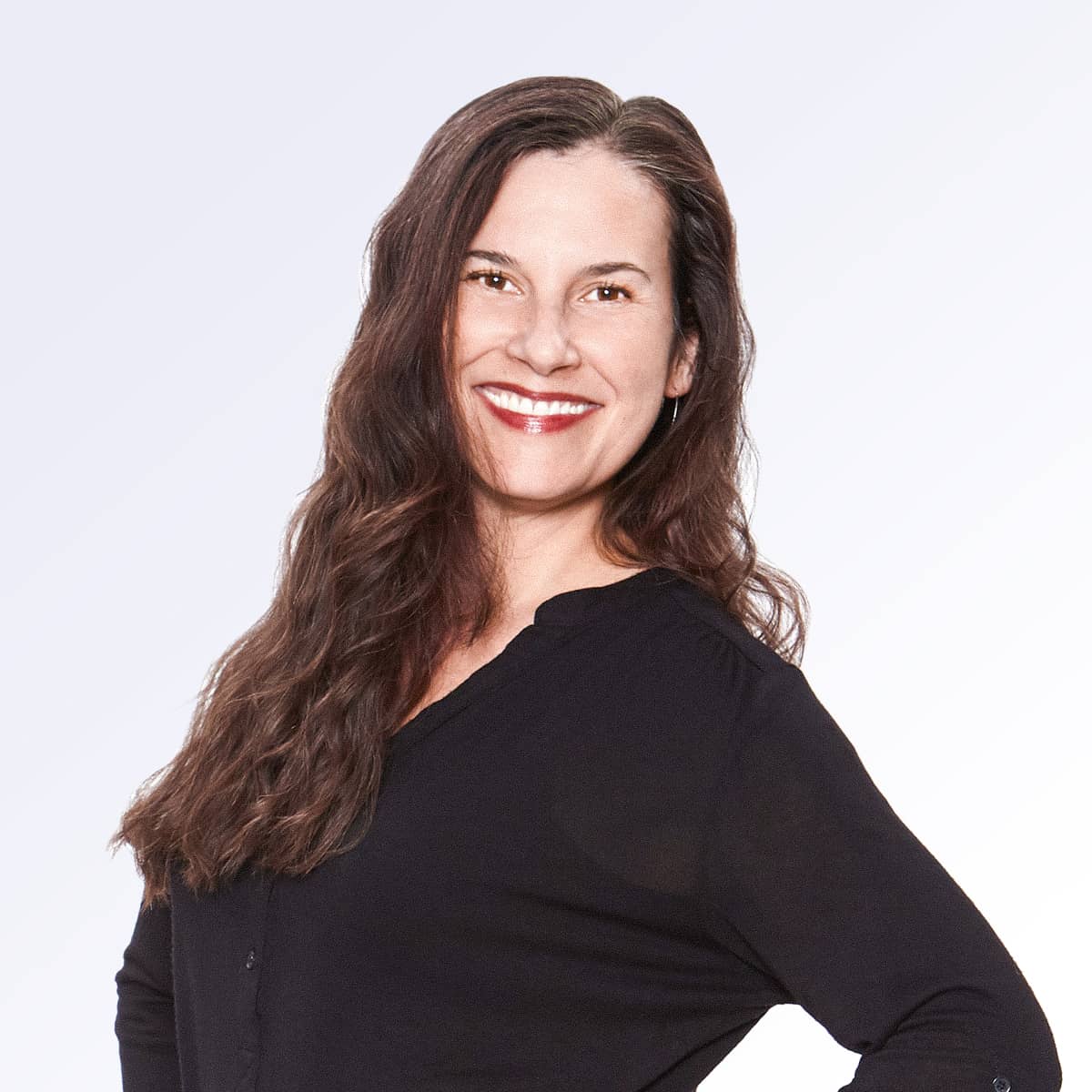Details
| University Location | Adelaide, South Australia |
|---|---|
| City Population | 1.4 million |
| Student Population | 26,100 |
| Int'l Student Population | 5,100 |
| Main Campus | Bedford Park |
| Program Campus | Bedford Park |
| Program Duration | 2 + 4 years |
| Estimated Annual Tuition | AUD$52,300 (2026 fees; subject to increase) |
| Semester Intake | February |
| Next Available Intake | 2027 |
| Application Deadline | Rolling admissions* |
| International Places | 38 |
| CRICOS Provider | 00114A |
Overview
The Flinders University Bachelor of Clinical Sciences, Doctor of Medicine is a double degree designed for applicants who have completed Grade 12 (or equivalent) and who have not since undertaken any post-secondary studies. The program provides a high standard of academic, clinical, and professional medical training to equip graduates with the skills necessary to take up positions as hospital interns.
Why Study Medicine at Flinders?
- First 2 years will deliver foundations in science complemented with advanced topics in human physiology and health
- Co-located with Flinders Medical Centre in Adelaide, providing authentic, patient-centred clinical experiences from early on in your studies
- 92% of Flinders medical and health sciences research at or above world standard in the Australian Government’s latest Excellence in Research Australia rankings (2015)
- Be exposed to areas that are critical for your future as doctors: public health, Indigenous studies and policy/professional ethics
Program
A typical first year in the Flinders Bachelor of Clinical Sciences may include core topics, practicals, and workshops in the evolution of biological diversity, the molecular basis of life, legal and ethical aspects of health care, and human physiology and structure. You’ll also have the option to study topics that will further develop your critical thinking and leadership skills.
In Year 2, you’ll cover core topics, practicals and workshops in biochemistry, interpersonal and interprofessional communication, and point-of-care testing. Other classes will cover more advanced topics in human physiology and disease including hematology, pathophysiology, and pharmacology. You’ll also have flexibility in your study plan to choose additional option topics that will build on the skills required to be a future medical practitioner.
After progression into the Doctor of Medicine (years 3 – 6):
- themes in the interaction between doctor and patient including practicals and clinical placements
- themes in knowledge of health and illness including practicals
- themes in health professions and society, covering socially responsible health practice, clinical research foundations, and advanced studies
- a theme introducing you to clinical practice, including practicals and a clinical placement
- clinical performance topics including clinical and industry placements
- option topics in research or coursework
- a professional induction to clinical practice
Practical Experience
The degree provides you with practical experience that prepares you for the workforce.
- Practicals and workshops in the clinical sciences degree prepare you for extensive clinical placements in the MD.
- Team-based learning (TBL) and other active learning strategies ensure you drive your own learning, preparing you to face the challenges of medical practice.
- Work with tutors, with patients, and in the Clinical Skills and Simulation Unit.
- Work alongside practicing clinicians as a medical student.
- Undertake clinical placements in suburban Adelaide, the Northern Territory, and/or rural and remote communities.
Admission Requirements
The Bachelor of Clinical Sciences, Doctor of Medicine program at Flinders University is only available to
- current Grade 12 students; or
- applicants who have completed Grade 12 (or equivalent) and have not since undertaken any post-secondary studies.
High school diploma
A minimum of 90%+ overall average in all Grade 12 subjects is required. Averages and calculations depend upon province. Contact OzTREKK for details:
AB – approx. 96%
BC – approx. 95%
ON – approx. 90%
Progression to MD
You must have achieved a 5+ GPA in the Bachelor of Clinical Sciences.
Admission Timeline
*Rolling admissions. Applications are assessed as they are received until the program is filled. The earlier you apply the better. For the 2026 intake, this program filled July 11, 2025.

































 Dinesh
Dinesh
Ask A Question
Ask us about your program of interest, or if you have a question about our services.
CONTACT US TODAY